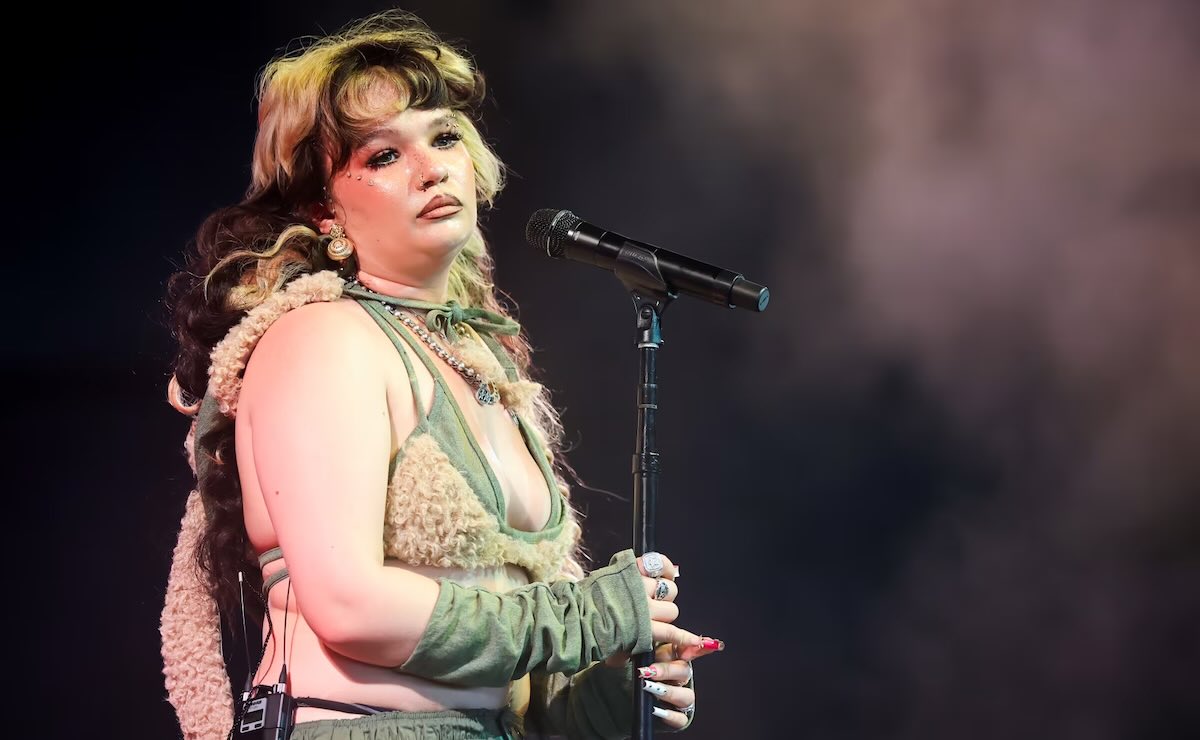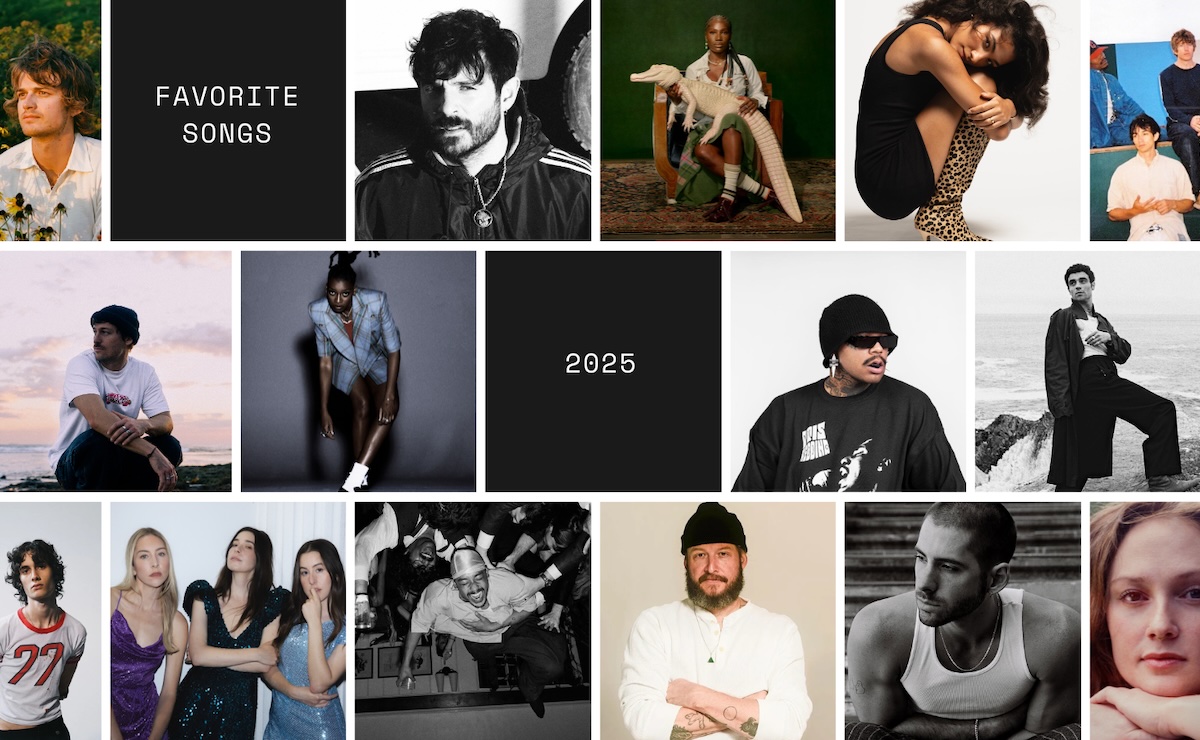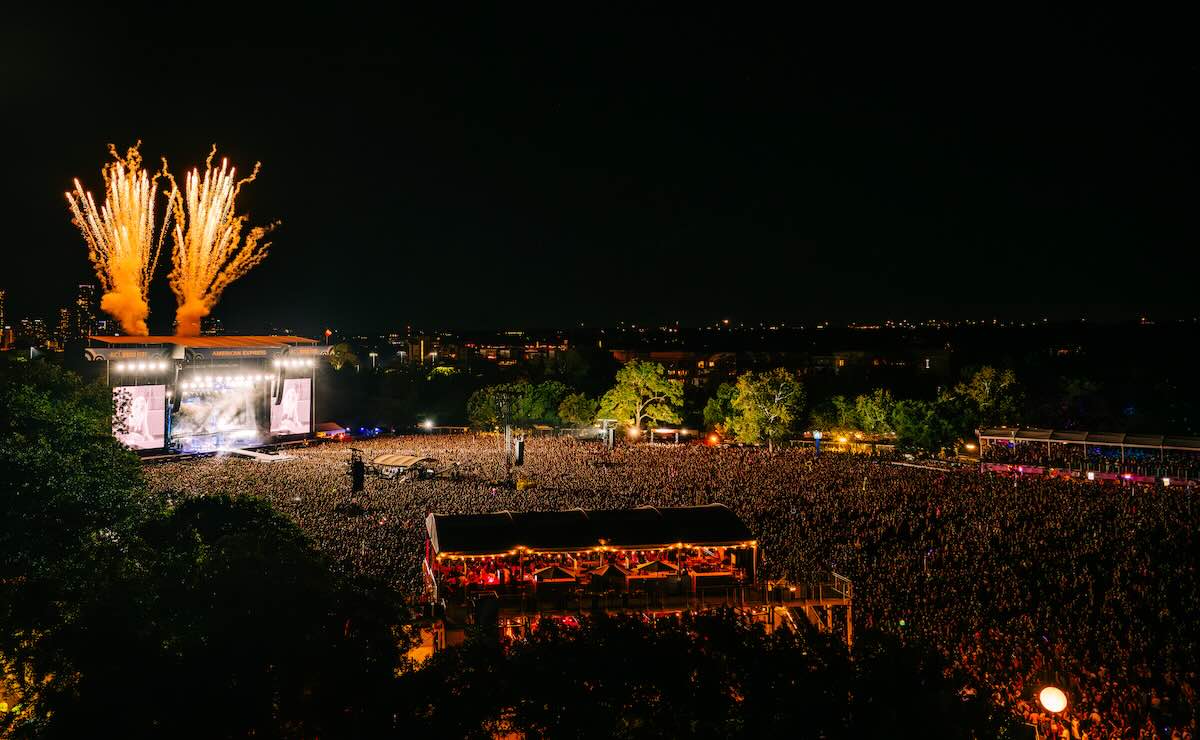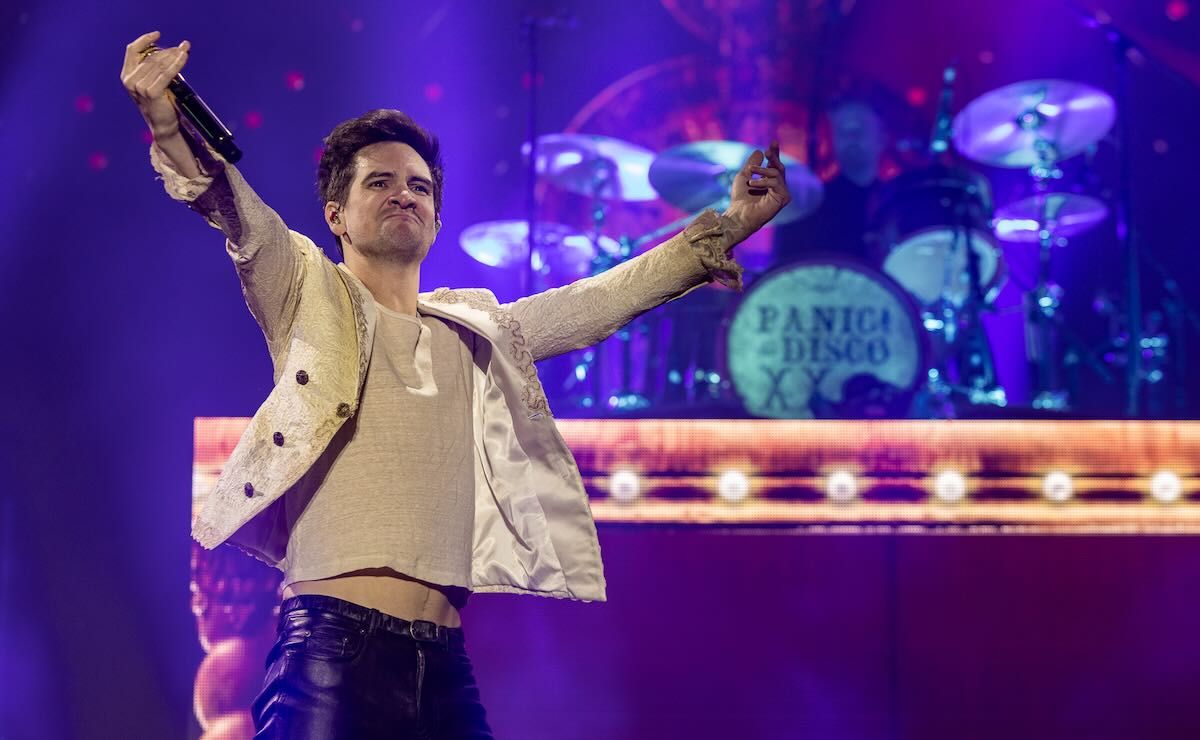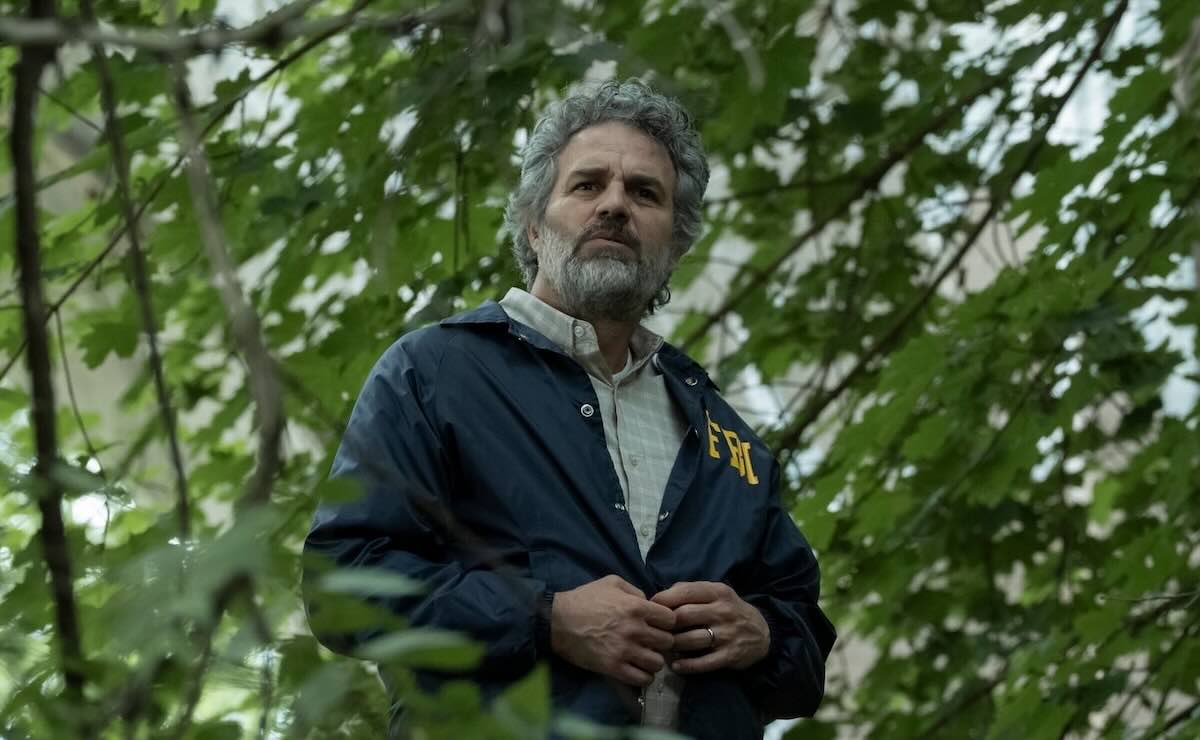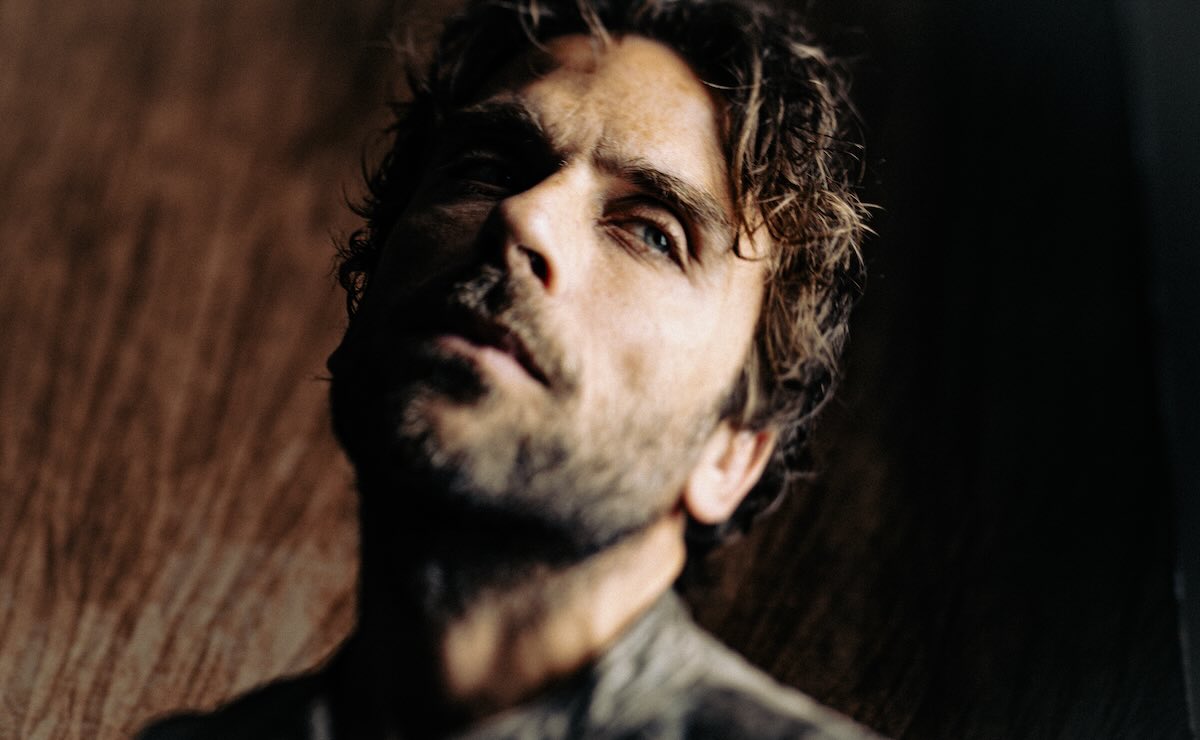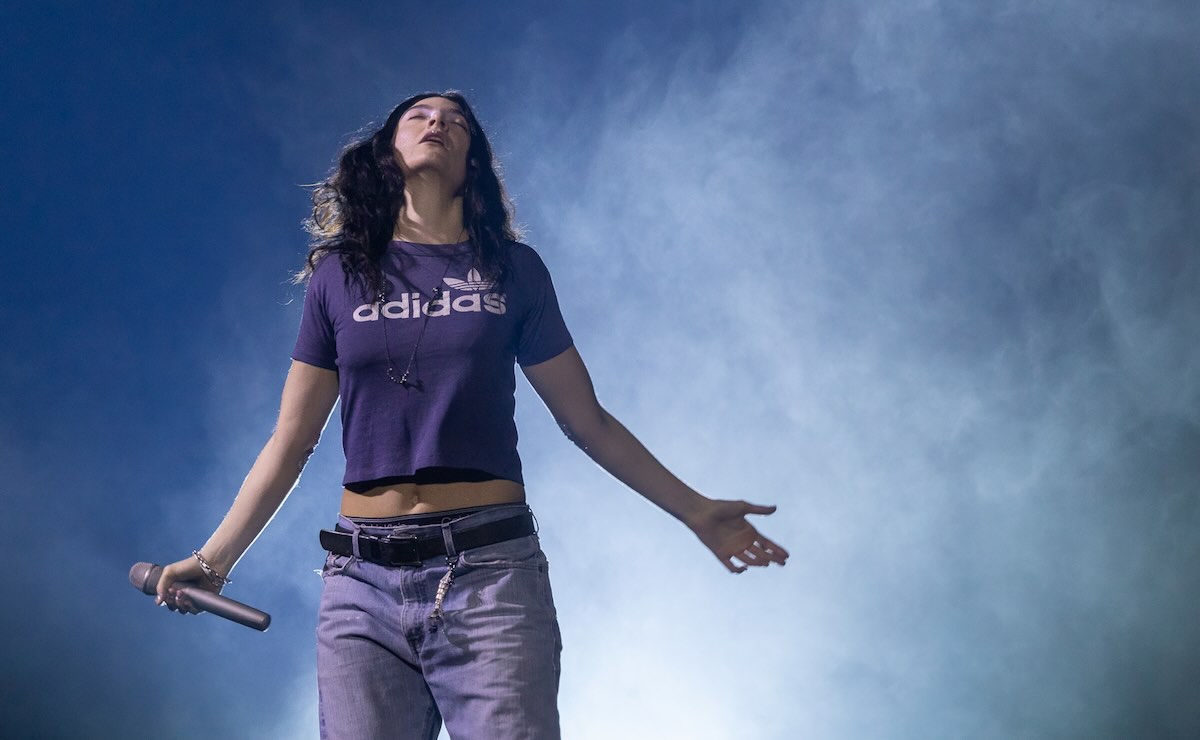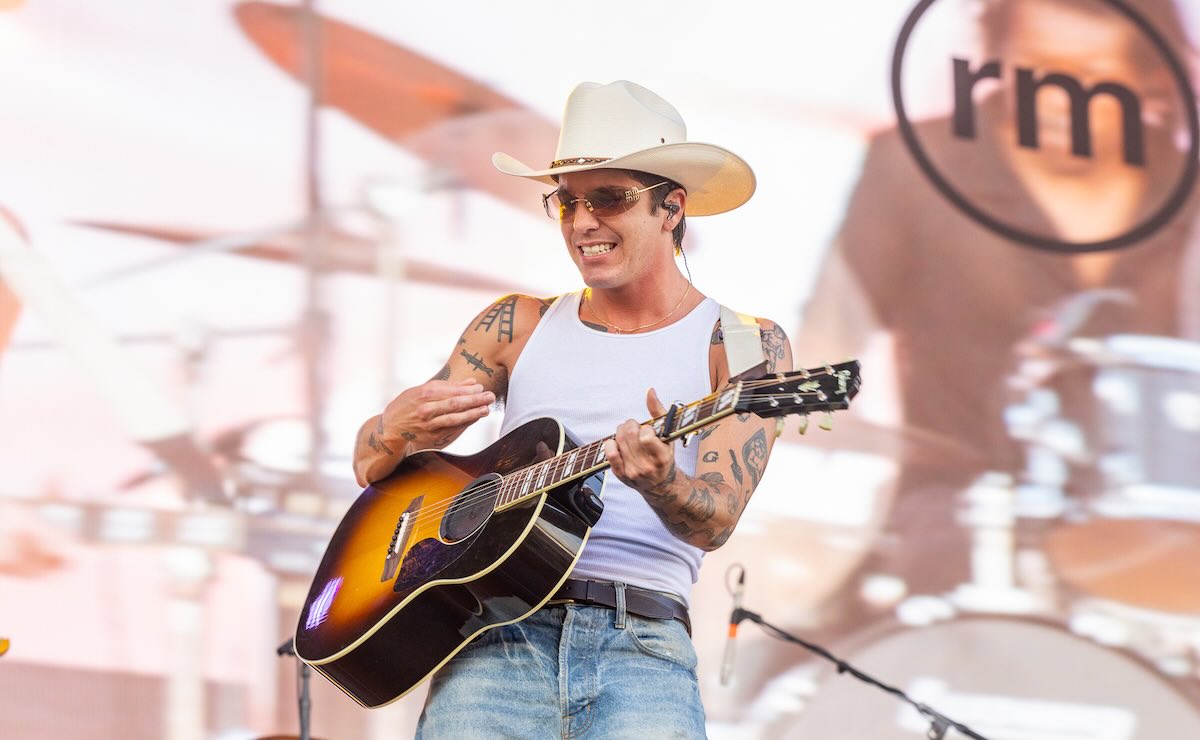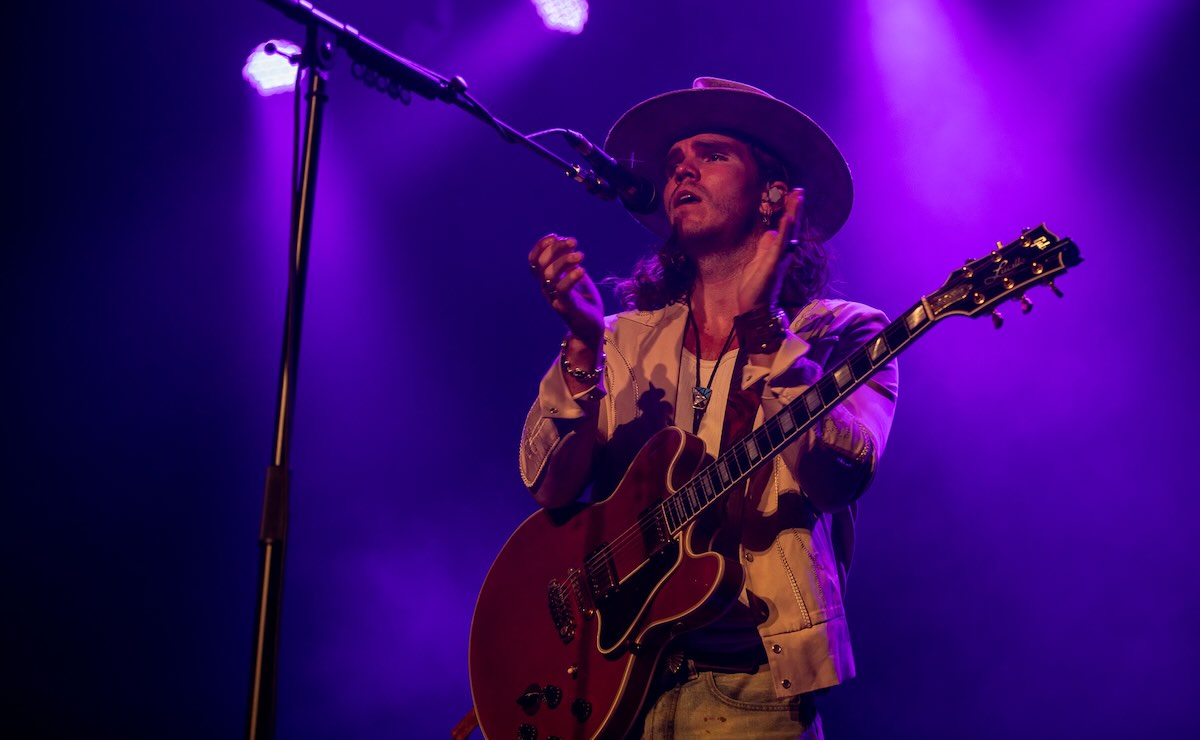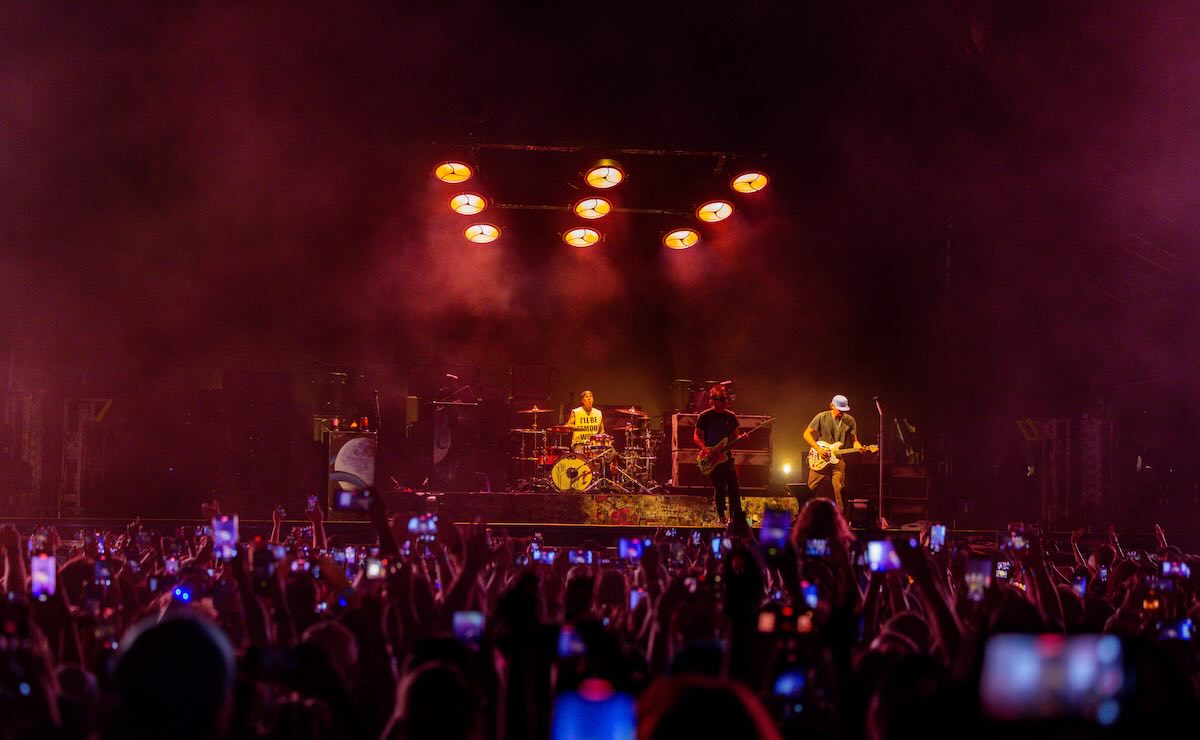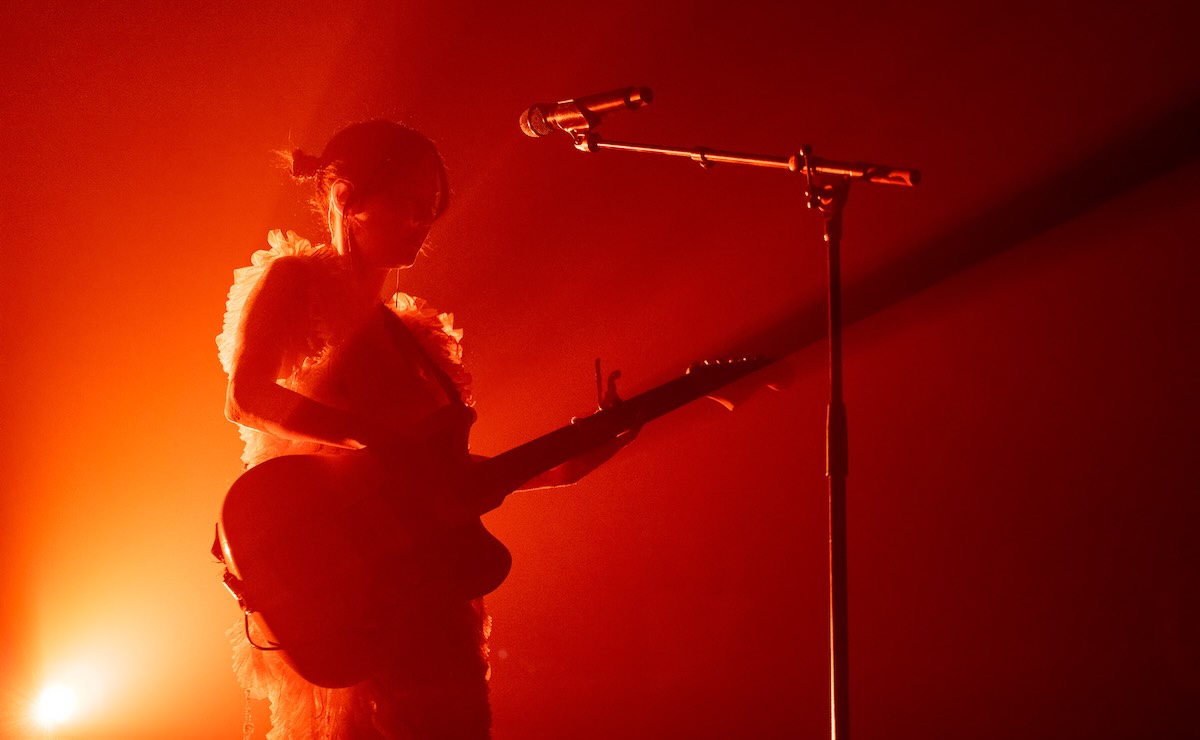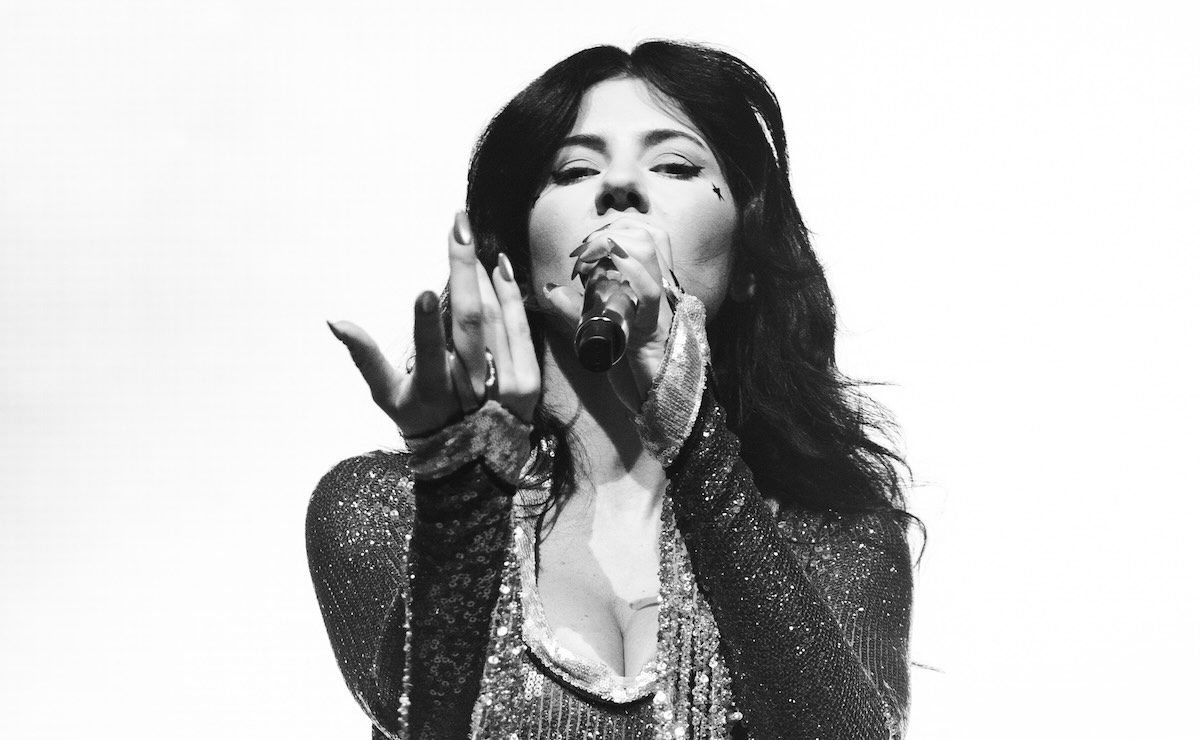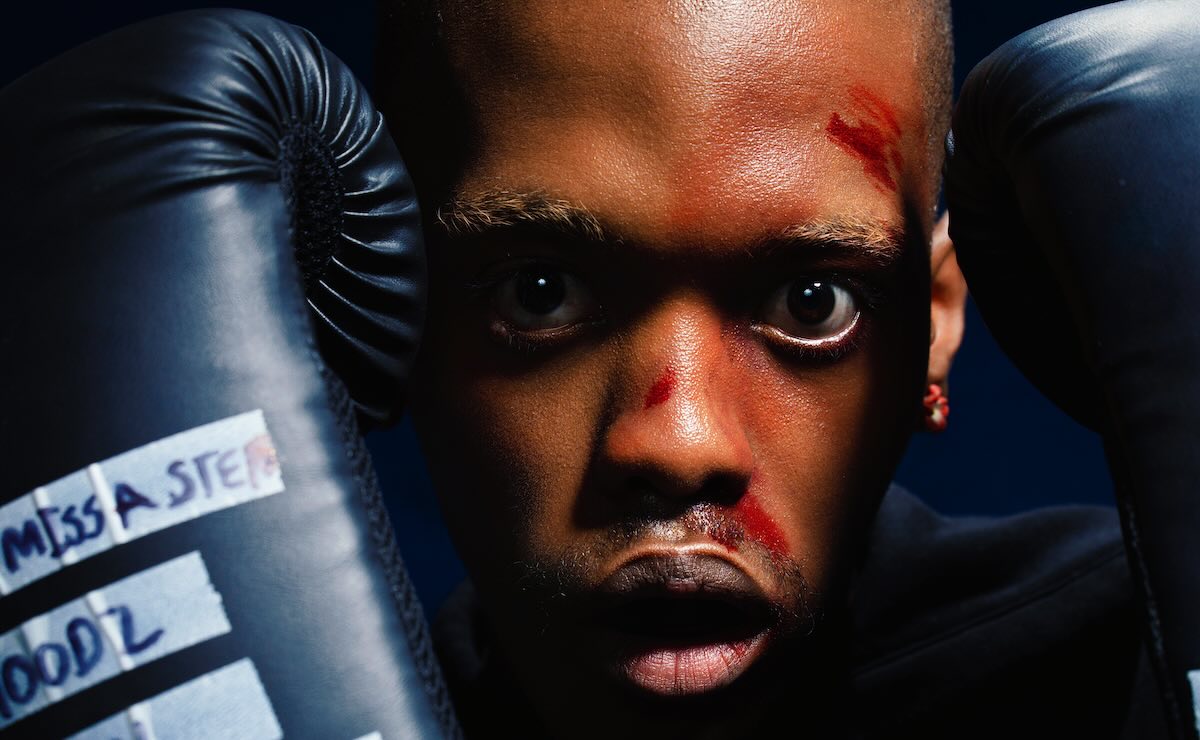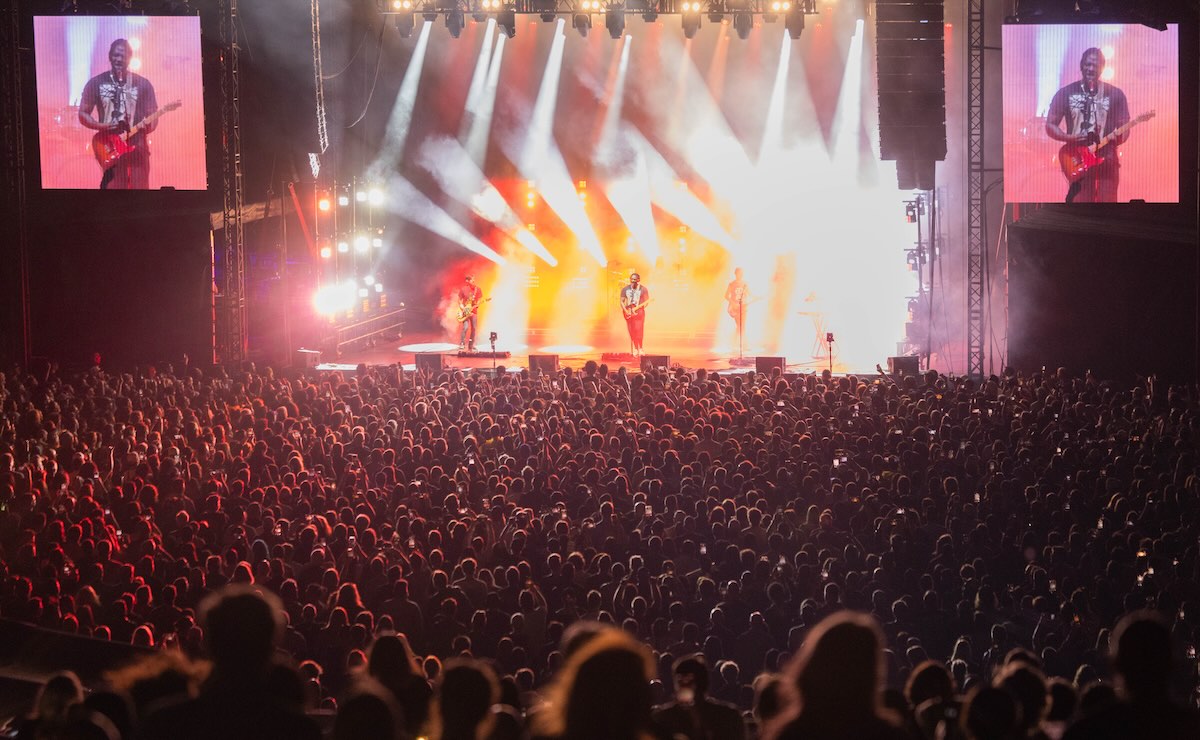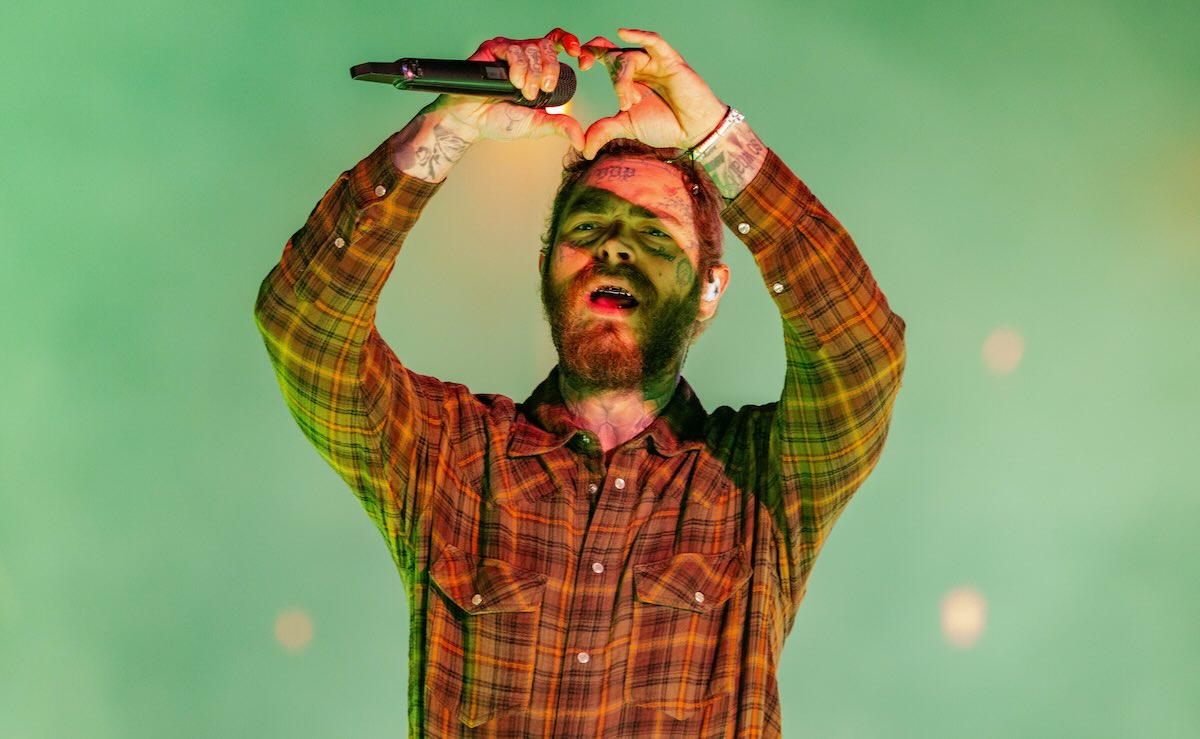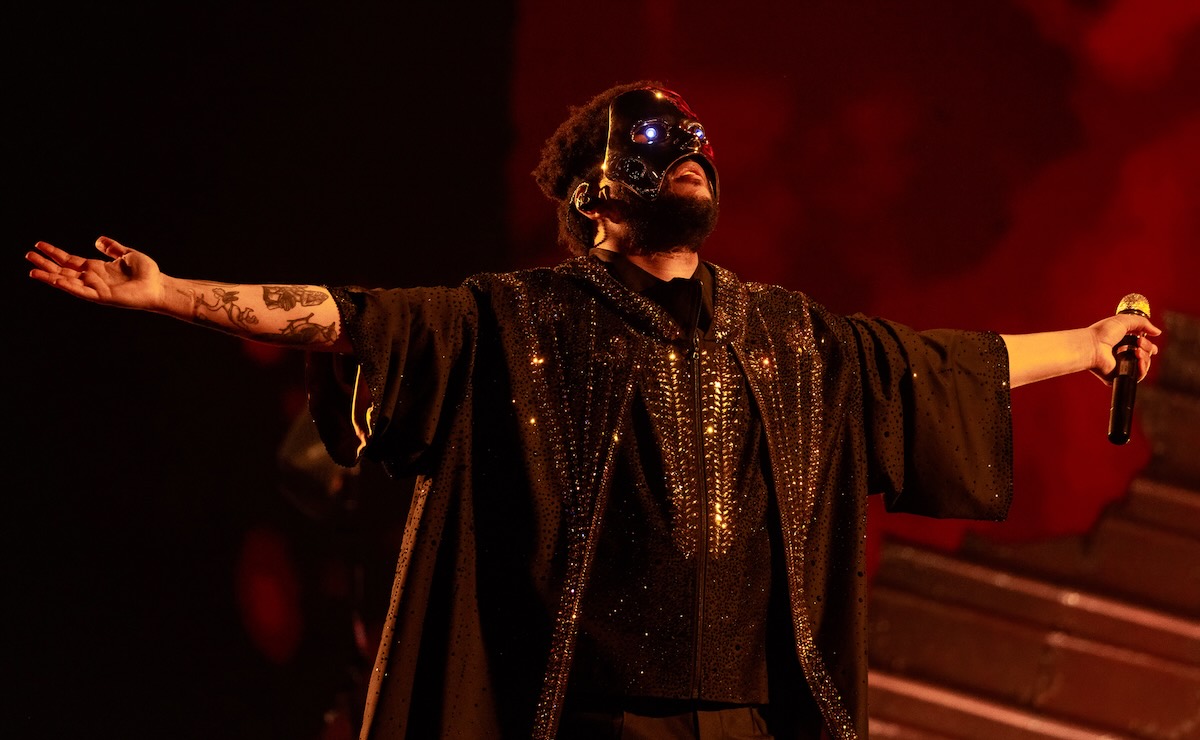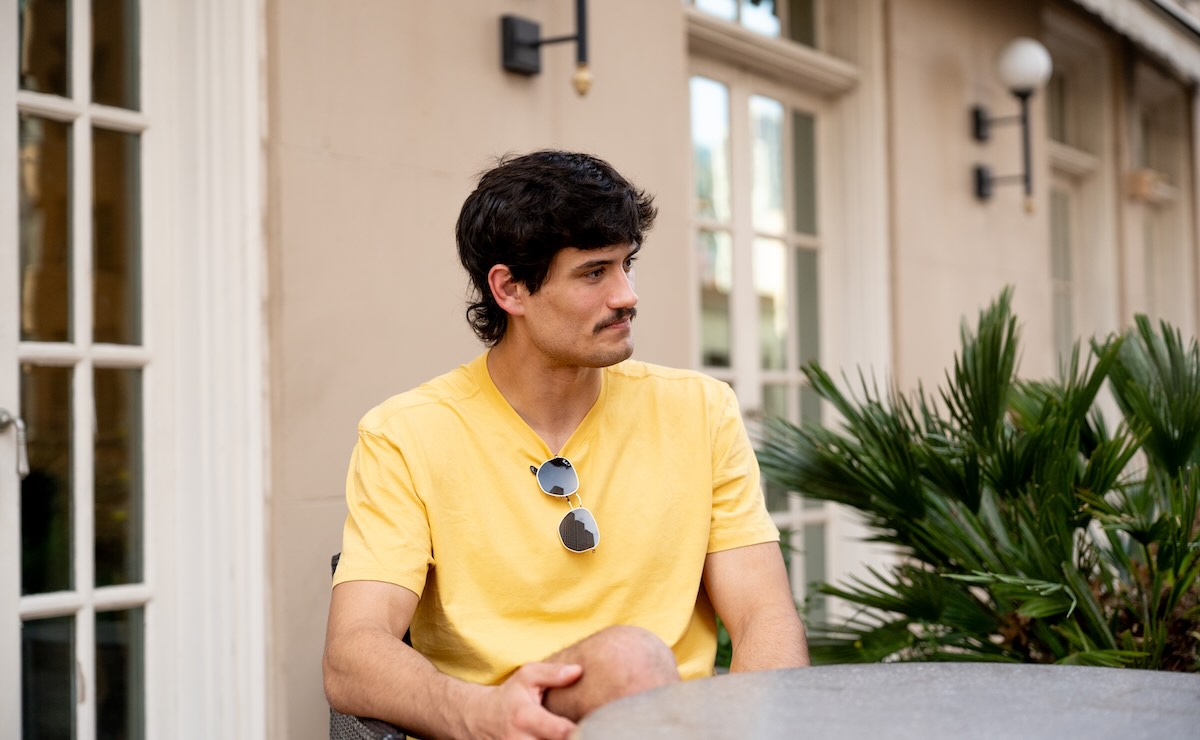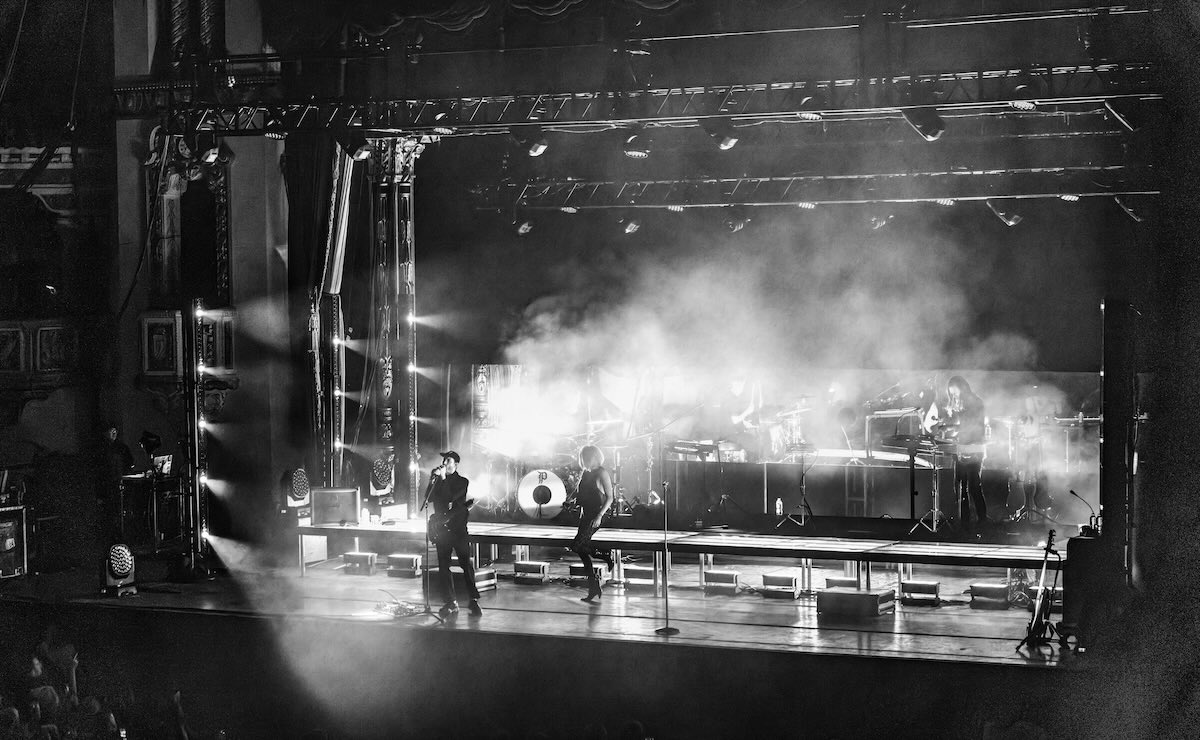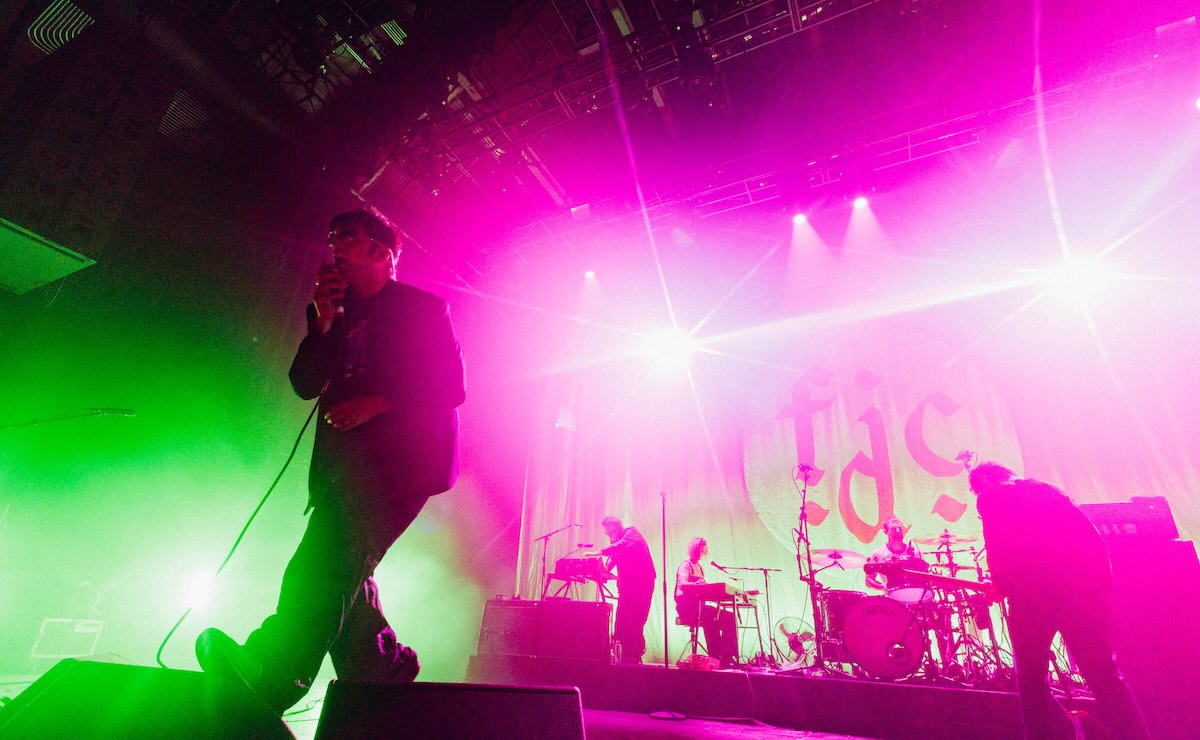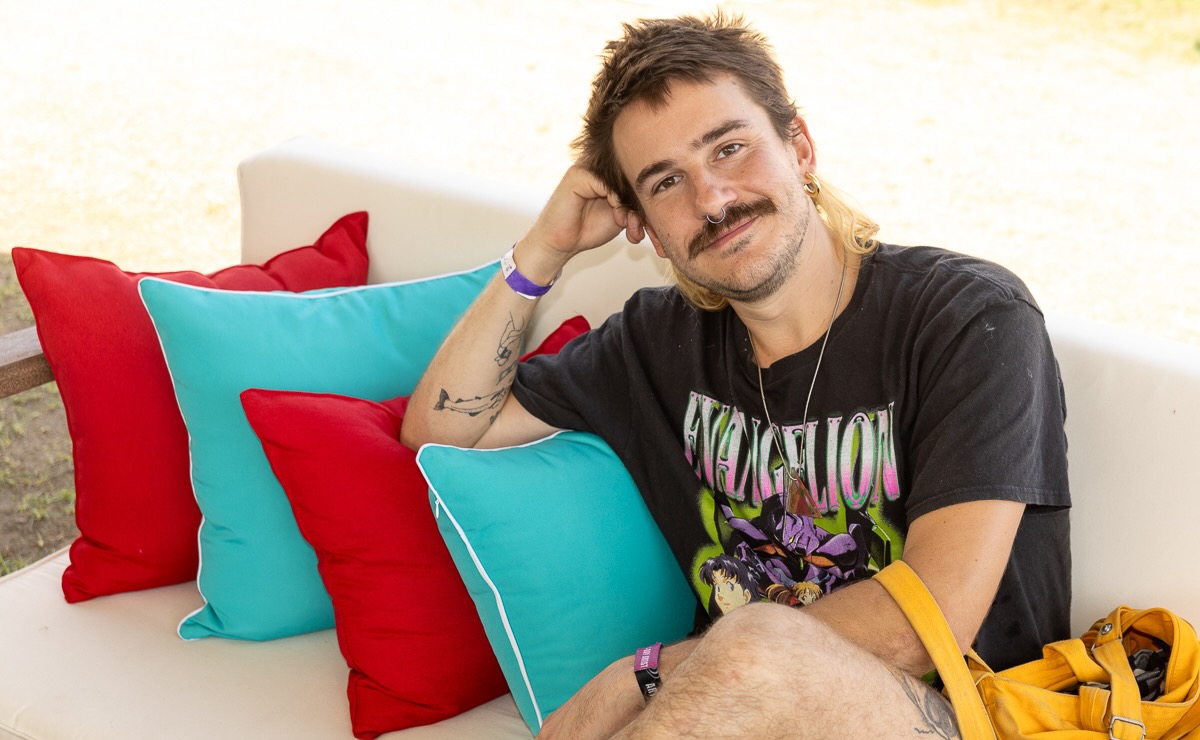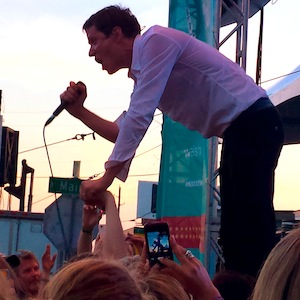
Thousands descended upon downtown Tulsa this weekend for the inaugural Center of the Universe Festival, marking a significant moment for the city, which previously hosted the popular Dfest until 2009. After four years, it was evident that residents were ready for a music comeback. And it appears that's exactly what happened.
The two-day festival, which featured 70 live acts, confirmed attendance of about 50,000 each day. Peak attendance for Dfest during its final year was nearly 70,000 over two days.
OneRepublic, led by Tulsa native and GRAMMY-winner Ryan Tedder, headlined the event, along with Mayer Hawthorne, OK Go, MUTEMATH, Neon Trees and others. Tedder specifically gushed over the city's revived nightlife, joking from the stage between songs that he was wondering how much a loft in downtown Tulsa would go for.
While the first-year festival garnered plenty of praise, it opened with a bit of controversy linked to its "tiered" ticketing system, which put two-day VIP access at $245. VIP received front-of-stage access and an air-conditioned lounge with audio/video feed, while freebie general admission was barricaded off about 100 feet from the stage behind VIPers.
The Mowgli's kicked off Friday's showcase, but they quickly abandoned the stage and performed most of their set acoustically from within arm's reach of the general admission festival goers. They semi-jokingly called the barricade "classism." Hawthorne, known for his straightforwardness, asked after his first song: "Can we break this barrier? This is bullshit." He then told the crowd to "bust it down," visibly upset by the setup.
Festival organizers quickly took note and moved the barricade up. And while many attendees were markedly disturbed by the VIP-free separation, one woman—like many of those in attendance—gave organizers a pass: "It's the first year. Overall, this was great." Another festival goer named Pamela Kirby noted that she loved "seeing Tulsa so alive. We have a great city and should celebrate it."
Although air conditioning in Oklahoma summers is certainly a perk, it's a rarity among the general music festival landscape. With the exception of Austin's SXSW, attendees of most outdoor festivals understand that they're going to be outside for a long time. They're going to be standing in the heat for a long time. But that's all part of the festival life—although our advice would be to give the pricing structure a second look (ACL's general admission three-day passes are $225, with access to up to 150 acts).
That said, minus some logistical tweaks—which is to be expected with a first-year event of any kind, Center of the Universe has set quite the sturdy foundation for what is sure to be an even greater attraction in the future.
"We've got a long-term vision with this," festival spokesperson Jesse Boudiette explained to the local NBC affiliate. "We went very big this year with 70 bands, two outdoor stages, 14 inside venues, but [we've] got a bigger, long-term plan for making this bigger in the future."
In the end, Center of the Universe proved to be a great success. The event was a boom for the downtown area of a city with a deep music history. A city that has waited far too long for a festival like this to arrive. A city that is already counting the days until the 2nd Annual Center of the Universe Festival.
Photo of OK Go's Damian Kulash, top, and OneRepublic's Ryan Tedder by Jonathan Robles



